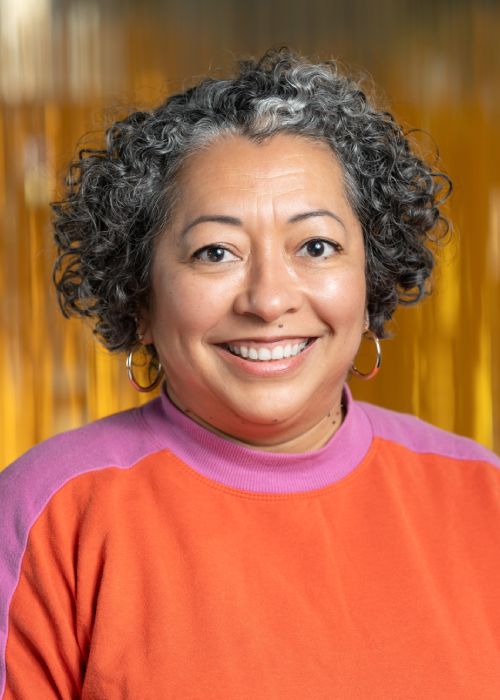Research shows the myriad health benefits of physical activity, from preventing cardiovascular disease and Type II diabetes to lowering overall mortality. Replacing even 30 minutes of sedentary activity a day with physical activity has measurable benefits. Worryingly few Americans, however, meet federal physical activity guidelines, especially in rural areas.

Dr. Barbara Baquero, an HSPop faculty member whose research focuses on health interventions in urban and rural communities, recently published a new study on physical activity. Along with Christine Kava and Jason Daniel-Ulloa of HSPop and colleagues at the University of Iowa, Baquero has published peer-reviewed studies on topics ranging from bilingual individuals’ role as information navigators for loved ones during the pandemic to how labor laws affect agricultural workers’ health. Baquero has also contributed op-eds to The Seattle Times and The Urbanist centering on mobility justice and racial disparities in COVID-19.
For this new study, Baquero’s team launched a physical activity program in Ottumwa, Iowa from 2013-2019 called Active Ottumwa. This “micropolitan” town of 25,000 has higher poverty and obesity rates than the rest of the state and the country. To promote Active Ottumwa, they launched a community-wide media campaign that included a website, social media, face-to-face canvassing, and even a podcast.
Community input allowed the program to flourish, Baquero explained. “At the core of Active Ottumwa were natural community leaders, our lay health advisors, who volunteered to be physical activity leaders. So we trained them, we supported them, and we gave them equipment to do the work. One of the beautiful things about the program is that each of these community members was already a trusted member of the community in different settings–in a hospital, in a school, at the church, at the community center, at the YMCA. So we have older adults running physical activity programs, but we also have moms with walkers and strollers going around the parks, too. Everybody decided what was the most comfortable for them to do, and then created a physical activity group, which is different from a lot of other interventions where everybody walks, or everybody Zumbas. In this case, we had over 20 different kinds of physical activity groups that people would participate in,” she said.
Baquero’s longitudinal study tracked outcomes up to 24 months using both subjective methods (surveys and interviews) and objective methods (an accelerometer to measure physical activity). To understand the experiences of Ottumwa’s growing Latino population, Latinos were oversampled in their study. Baquero found exposure to Active Ottumwa, including by seeing Active Ottumwa messaging or participating in an Active Ottumwa-sponsored activity, correlated with decreases in sedentary activity and increases in both light physical activity and moderate to vigorous physical activity. This finding was backed up by both objective and subjective data. Years later, Active Ottumwa’s community partners have continued many of the original programs.
Her research concludes that physical activity interventions can be effective, but with a caveat: they must be adapted to fit their context. Interventions that began in an urban setting should be customized to fit a rural setting. In recognition of this, Baquero prioritized stakeholder buy-in, collaboration with established community organizations, and lay health advisors for Active Ottumwa.
“This is a community-engaged participatory project that from the beginning, was designed with the community, and was implemented in partnerships,” she said. “The work continues in elevating the resources and opportunities and the strength of these communities, instead of thinking, ‘Oh, you have a deficit, and I’m going to give you what you don’t have.’ It’s more, ‘Hey, let’s leverage the pride, the things that you love about your community, to insert that into this intervention.’ We made it fun and appealing to people because we had the voice of the community there,” reflected Baquero.